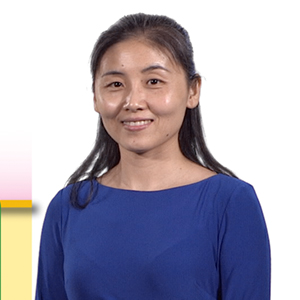Talk Overview
Membranes create a barrier that insulates cellular and organellar content from the surrounding environment. Some small molecules (e.g. H2O) can cross this lipid bilayer by simple diffusion, but the majority of molecules require membrane transport proteins. In this seminar, Dr. Nieng Yan explores the different mechanisms that cells have to exchange material with its environment: vesicular transport (endocytosis and exocytosis), passive transport (diffusion), and active transport (membrane proteins). Focusing on membrane channels and transporters, Yan highlights the importance of using biochemistry and structural biology to understand their function and specificity of membrane channels and transporters.
In her second talk, Yan explains how glucose transporters facilitate the intake of glucose into the cell. She explains that glucose transporters vary in localization and substrate specificity, and mutations in these proteins have been linked to health issues. Her laboratory was able to overcome the challenges of crystallizing highly mobile membrane proteins and was the first group to solve the protein structure of two glucose transporters, GLUT1 and GLUT3. Yan walks us through the discovery process and underlines how these structures allow us to grasp the substrate specificity of glucose transporters and possibly reveal potential clinical applications.
Speaker Bio
Nieng Yan

Dr. Nieng Yan is a professor in the School of Medicine at Tsinghua University, Beijing, China. After finishing her bachelor’s degree at Tsinghua University, she joined Yigong Shi’s laboratory at Princeton University, where she completed her graduate and postdoctoral training. During this time, she successfully solved the X-ray crystallography structure of several proteins involved in… Continue Reading





Leave a Reply